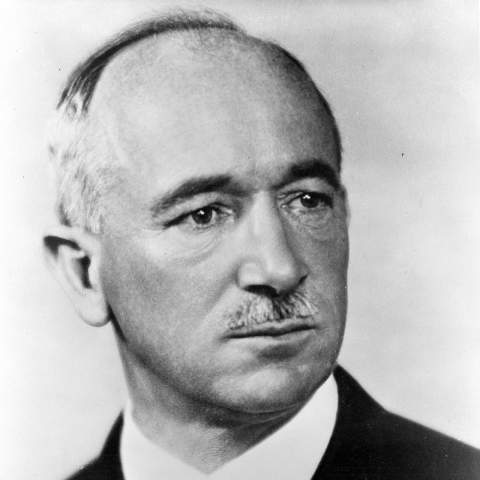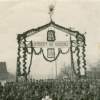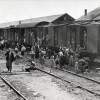
Czechoslovakia emerged victorious from World War II, with Beneš's government in London gaining recognition from the Allies. The country was reorganized after the war, reclaiming the Trianon borders with some modifications. However, repercussions from the war meant that certain individuals had to face punishment. Specifically, targeted were those who had supported Hitler's policies and collaborated with the Nazis, while those who opposed Nazism in some form were not penalized. Slovaks and Czechs, too, faced individual punishment based on their collaboration with Nazism. In the absence of immediately held elections and a functioning parliament, Beneš governed the country through decrees. Under the Beneš Decrees, it was declared that Hungarians and Germans were collectively guilty of World War II.
This notion of collective guilt and the subsequent displacement of Germans were accepted at the Potsdam Conference following the end of the war. But why were Hungarians designated as collective criminals in Czechoslovakia? Even before the outbreak of World War II, there was a prevailing fear in Czechoslovakia that Hungarian revisionist efforts would result in territorial losses. This fear materialized with the implementation of the First Vienna Award. Consequently, Czechoslovakia accused Hungarians of not supporting Czechoslovakia and contributing to its dissolution. In an effort to prevent such events from recurring, Czechoslovakia's objective was to punish and assimilate the Hungarian population, ultimately reducing their numbers. Thus, the Beneš Decrees included provisions for the collective guilt of Hungarians, leading to the stripping of their citizenship and their subsequent eviction from the country.

